FdSc Integrated Wildlife Conservation
The FdSc Integrated Wildlife Conservation programme is a two-year interdisciplinary degree exploring the relationship between humans, wildlife, and the natural world. Delivered by conservation practitioners at Bristol Zoological Society in collaboration with UWE academics, the course combines scientific study with practical experience in a zoo-based learning environment.
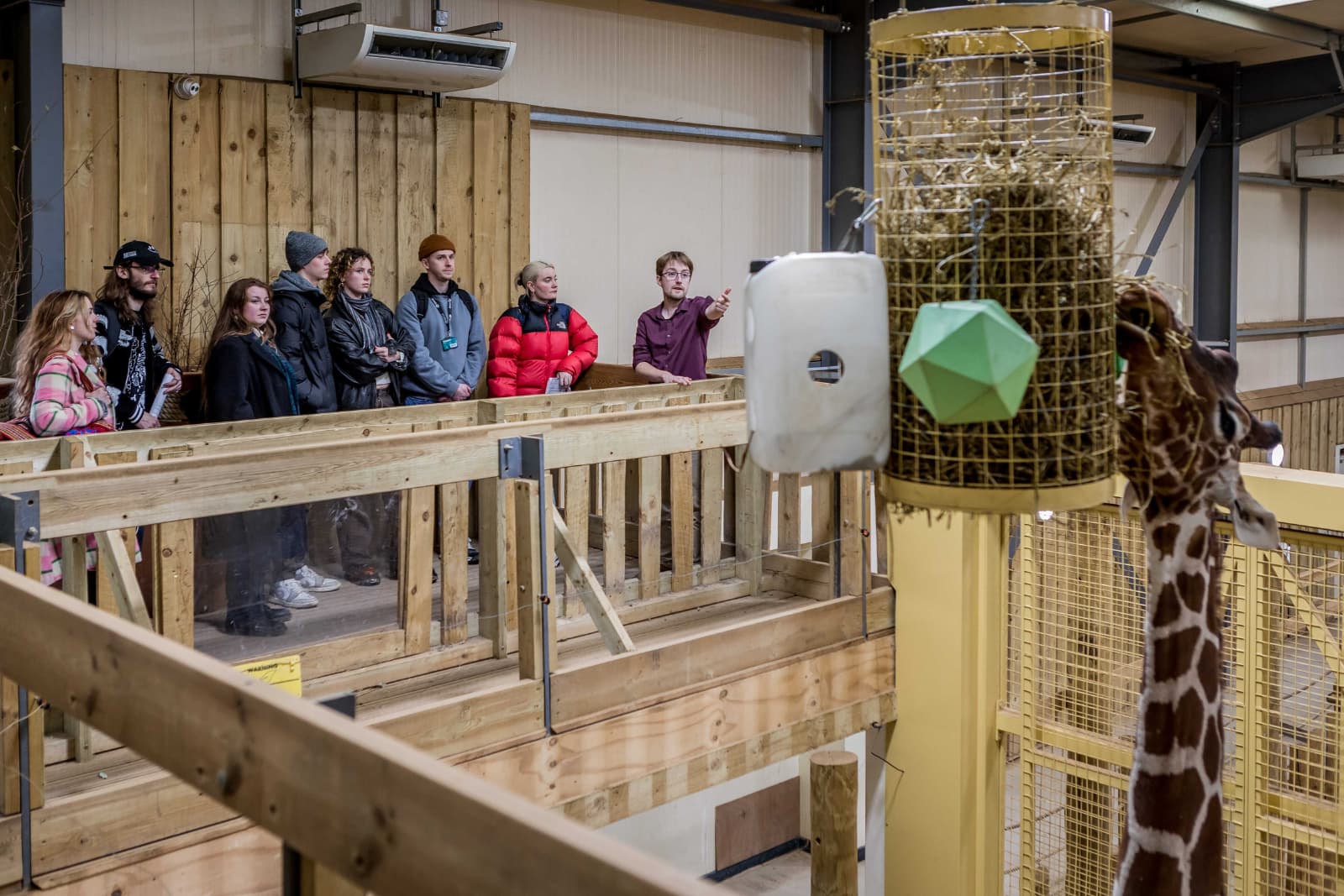
Students examine how human activities affect ecosystems and how conservation goals can be achieved alongside societal needs. The programme covers essential concepts within in situ and ex situ conservation, including ecology, evolution, and sustainable development. A strong emphasis is placed on understanding public perceptions of conservation and developing effective communication strategies to influence behaviour.
Integrated work experience modules with local, national, or international organisations equip students with the skills and experience needed for a career in wildlife conservation. Upon completion, students have the opportunity to ‘top up’ to a BSc (Hons) Integrated Wildlife Conservation degree through a final year at UWE, with dissertation supervision options offered by BZS.
Year One focuses on understanding the natural world and its connection to human socio-economic, political, and belief systems. Students gain a solid foundation in biological principles such as ecology, evolution, and wildlife biology, alongside the physical factors shaping ecosystems. The year includes integrated volunteering with local, national, or international conservation organisations.
Year Two builds on this foundation with advanced theory and practice in wildlife conservation and sustainable development. A key focus is on effective communication strategies to influence public beliefs and behaviours. Students continue conservation volunteering to deepen practical experience and develop valuable vocational skills.

Year 1 course structure
Wildlife Biology
Explore the diversity of life on Earth and learn to identify and classify species based on ecological traits. Students will learn to effectively identify and understand the differences between major animal and plant groups and how taxon- and species-specific adaptations allow organisms to exploit and survive across varied environmental niches. Activities include dissection, field trips, computer modelling, and ecological surveys.
Ecology and Environmental Systems
Examine how ecological and Earth systems interact, covering ecosystem dynamics, biogeochemical cycles, population genetics, and species adaptation. By integrating ecological principles with Earth system science, the module prepares students to address contemporary conservation and sustainability challenges.
Wildlife and People
Wildlife and people are often treated as separate and distinct entities, when in reality they are interconnected elements of the same landscape. This module explores societal perceptions of nature and emphasises the importance of involving communities and stakeholders in ethical, sustainable conservation efforts.
Professional Work Skills
Gain essential field, data analysis, and research skills for higher-level study. You'll build a professional experience portfolio through hands-on work with conservation organisations, while developing key transferable skills.
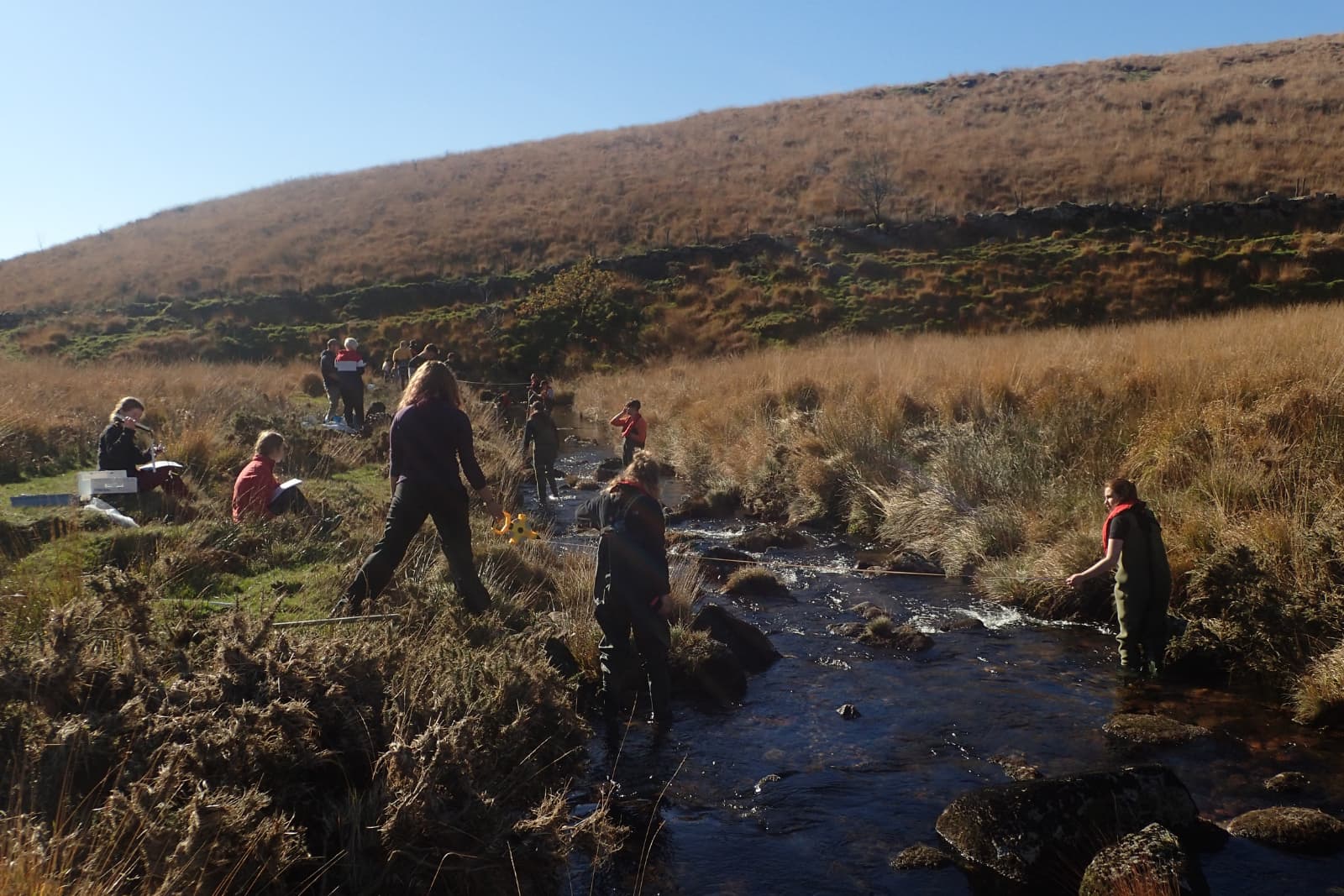
Year 2 course structure
Animal Behaviour for Wildlife Conservation
Explore key concepts in animal behaviour, from inherited vs. learned behaviours to communication, navigation, and behavioural ecology. Understand how human activity influences behaviour and how this knowledge supports conservation efforts.
Conservation Biology
Gain theoretical and practical skills in biodiversity conservation. Learn about extinction causes, conservation strategies, and field techniques, while developing critical thinking, teamwork, and project management skills. The module promotes proficiency in field-based techniques, conservation policy evaluation, and community engagement while enhancing professional skills such as teamwork, communication and project management. Ultimately, it prepares students to become proactive conservation scientists capable of addressing real-world environmental challenges.
Effective Communication for Conservation
Learn to communicate conservation messages effectively across audiences and platforms. Through case studies, guest speakers, and hands-on exercises, students will learn to employ various methods and media, including exhibitions, social media, and educational materials, while also mastering project design, implementation, and evaluation for impactful conservation outcomes.
Integrating Sustainable Development and Conservation
Understand how to design conservation projects that align with sustainable development approaches. The module begins by providing some background to the history of sustainable development, before exploring key concepts such as human-wildlife coexistence and community-based conservation. Through practical activities such as debates, and guest lectures from conservation experts, students will acquire an in-depth understanding of sustainable development approaches to conservation.
Work and Research Skills
Develop hands-on experience in field research and conservation work. This module develops essential practical and transferable skills required for a career in conservation and gives students the experience that they need to stand out to employers in the field.
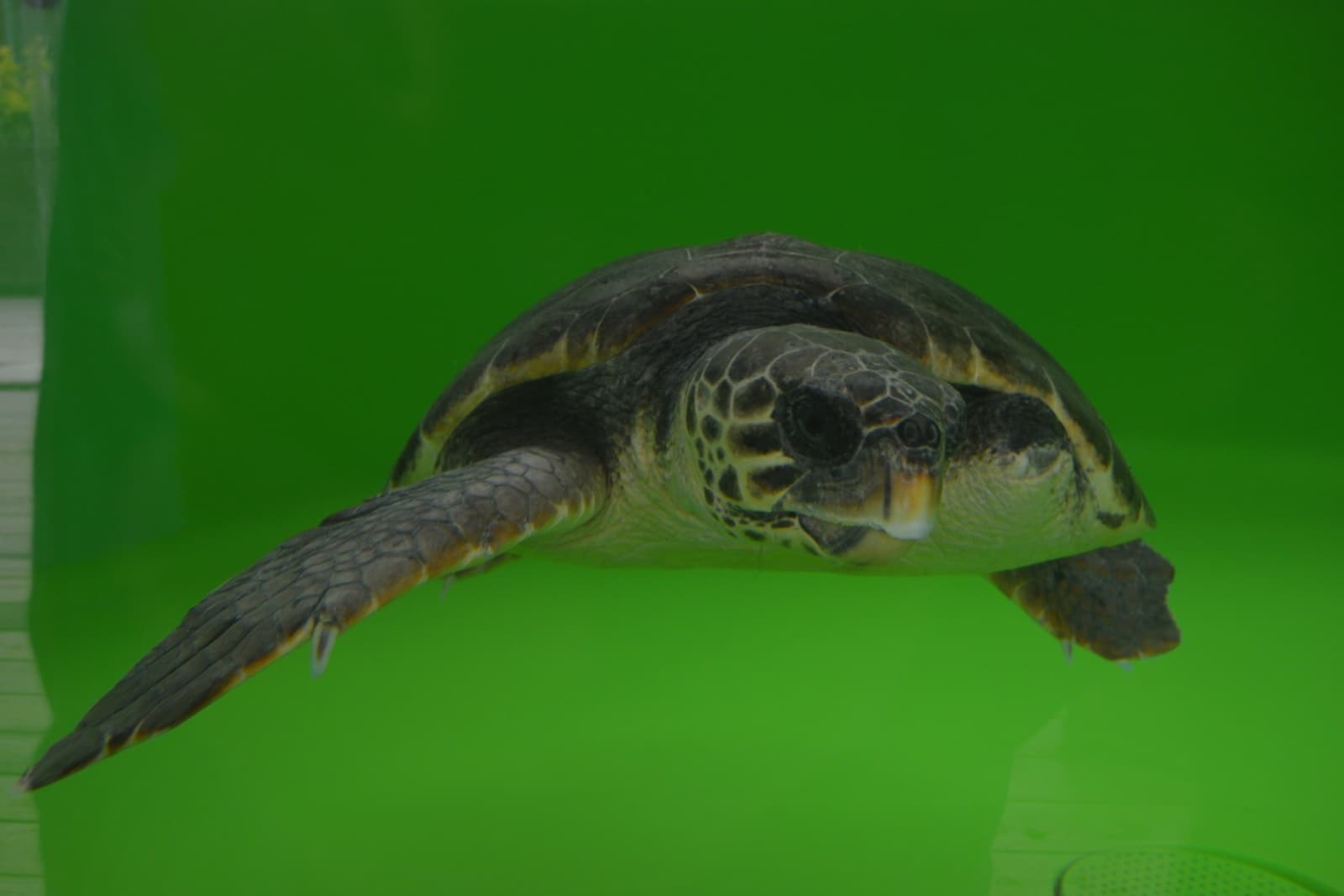
Fieldwork
Students gain essential analytical, field, and research skills through dedicated modules at both levels, including evaluating existing research and developing as independent learners. Fieldwork is central to the course and features across multiple modules, with activities ranging from half-day visits to residential trips.
In Year 1, a UK-based residential field trip forms part of the Professional Work Skills module. In Year 2, students build on these experiences with another residential trip in the Conservation Biology module, offering hands-on insight into practical conservation projects.
Learning and Teaching
You'll study at Bristol Zoo’s Institute of Conservation Science and Learning, learning from zoo and university experts involved in live conservation projects. The course blends practical experience with research-informed teaching, helping you build strong theoretical, practical, and communication skills.
You'll engage directly with conservation programmes, undertake independent research, and learn from professionals passionate about evidence-based conservation. The curriculum covers local to global issues, with topics ranging from species to landscape-level conservation, drawing on Bristol Zoological Society’s active work in places like Madagascar, Tanzania, and the Philippines.
This hands-on course includes fieldwork and opportunities to work with conservation organisations in the UK and overseas (where possible).
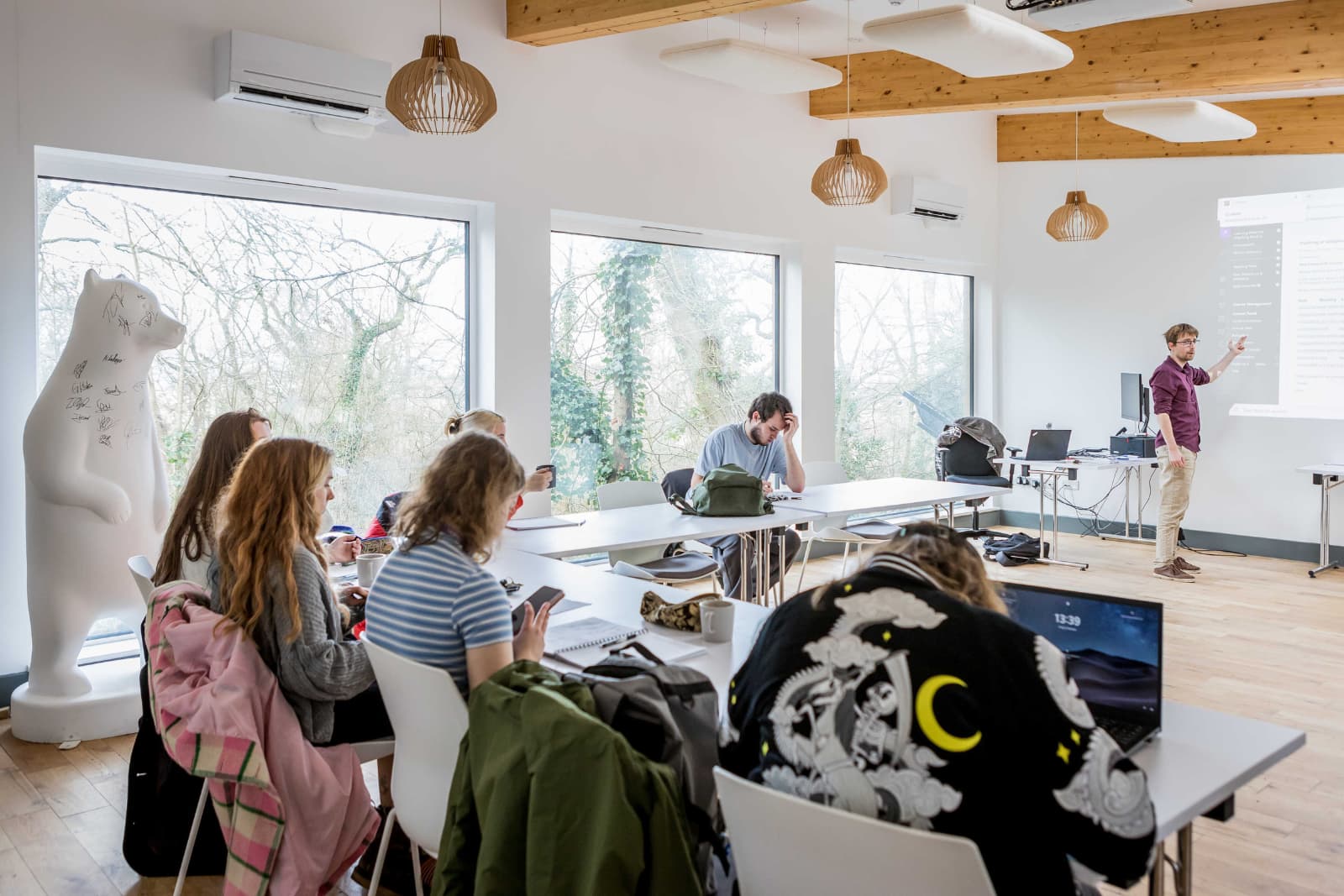
Graduate Outcomes and Placements
Work-based learning is central to the FdSc Integrated Wildlife Conservation, with 100 hours of conservation volunteering each year. Placements can be flexible and are supported by Bristol Zoological Society and its wider network, including local and international organisations.
These experiences build subject knowledge, practical skills, and career confidence. Students develop critical thinking, research, and communication skills, preparing them for employment or further study. Past placements include Bristol Zoo, Somerset Wildlife Trust, and the Wildfowl and Wetlands Trust. You'll receive full support in finding placements from BZS staff and UWE’s award-winning careers service.
Study facilities
Students on the FdSc Integrated Wildlife Conservation programme benefit from the teaching and learning facilities at Bristol Zoo Project and UWE. Learning is supported through lectures, fieldwork, lab sessions, and workshops, all led by practising conservation experts.
You'll also have full access to the Zoo, whose animal collection will comprise over 90% of species in need of targeted conservation actions by 2035, as well as the beautiful surroundings of the meadows and the ancient woodland, allowing you to practise field conservation around your study space. Bristol Zoo Project offers dedicated higher education facilities, access to its ex situ animal collection. The site provides hands-on opportunities to explore animal biology, behaviour, and conservation, as well as evaluate communication methods and conservation strategies in both in situ and ex situ contexts.
Learn more about the facilities and resources available at UWE Bristol and take a personalised virtual tour of the Environmental Science facilities.
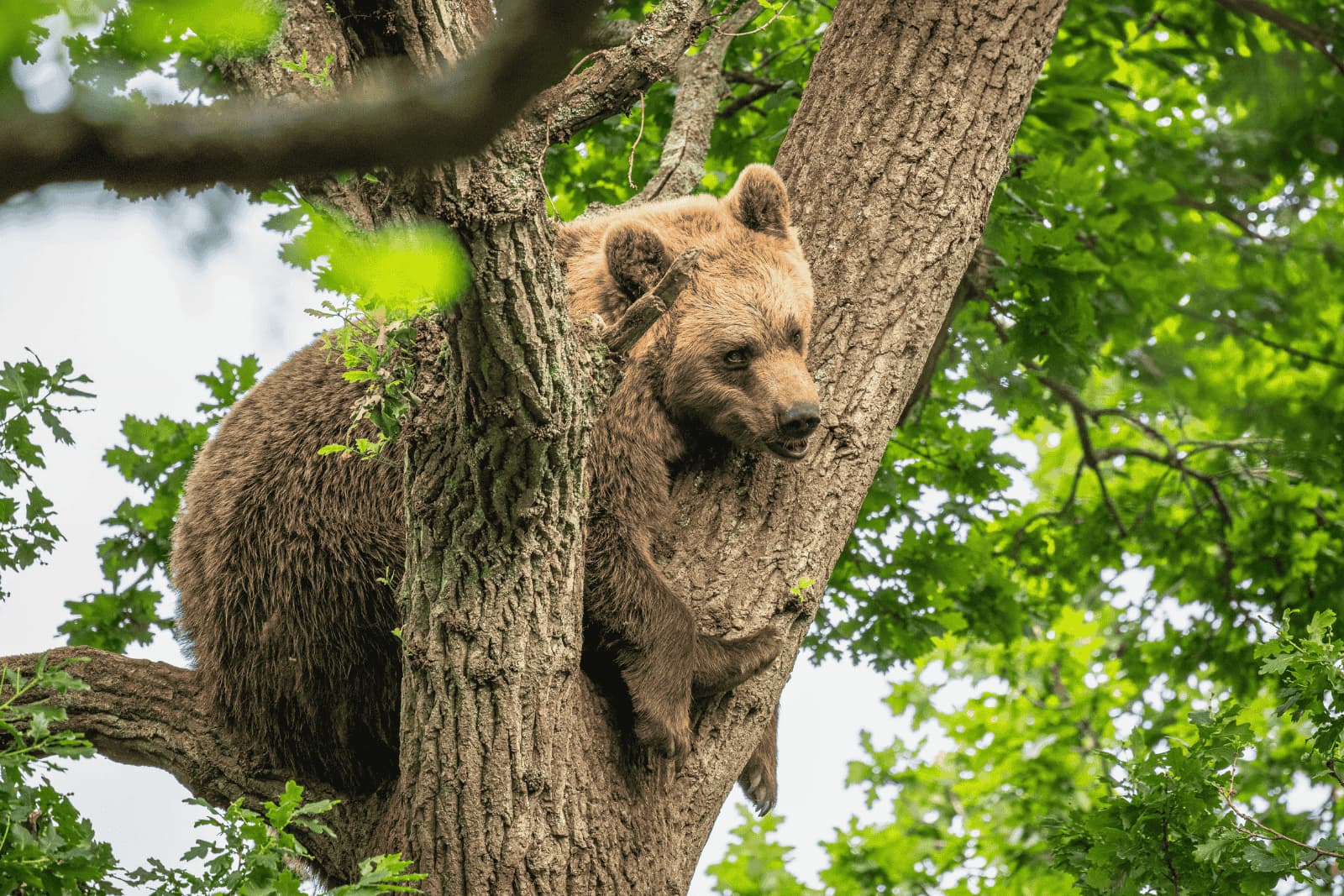 If you have any questions, please email spenny@bzsociety.org.uk – Dr Samuel Penny, IWC FdSc Programme Lead.
If you have any questions, please email spenny@bzsociety.org.uk – Dr Samuel Penny, IWC FdSc Programme Lead.

Studying with Bristol Zoological Society
We offer undergraduate and postgraduate degree programmes in partnership with various universities and colleges. Take a look at how we can help you create a career in conservation.

